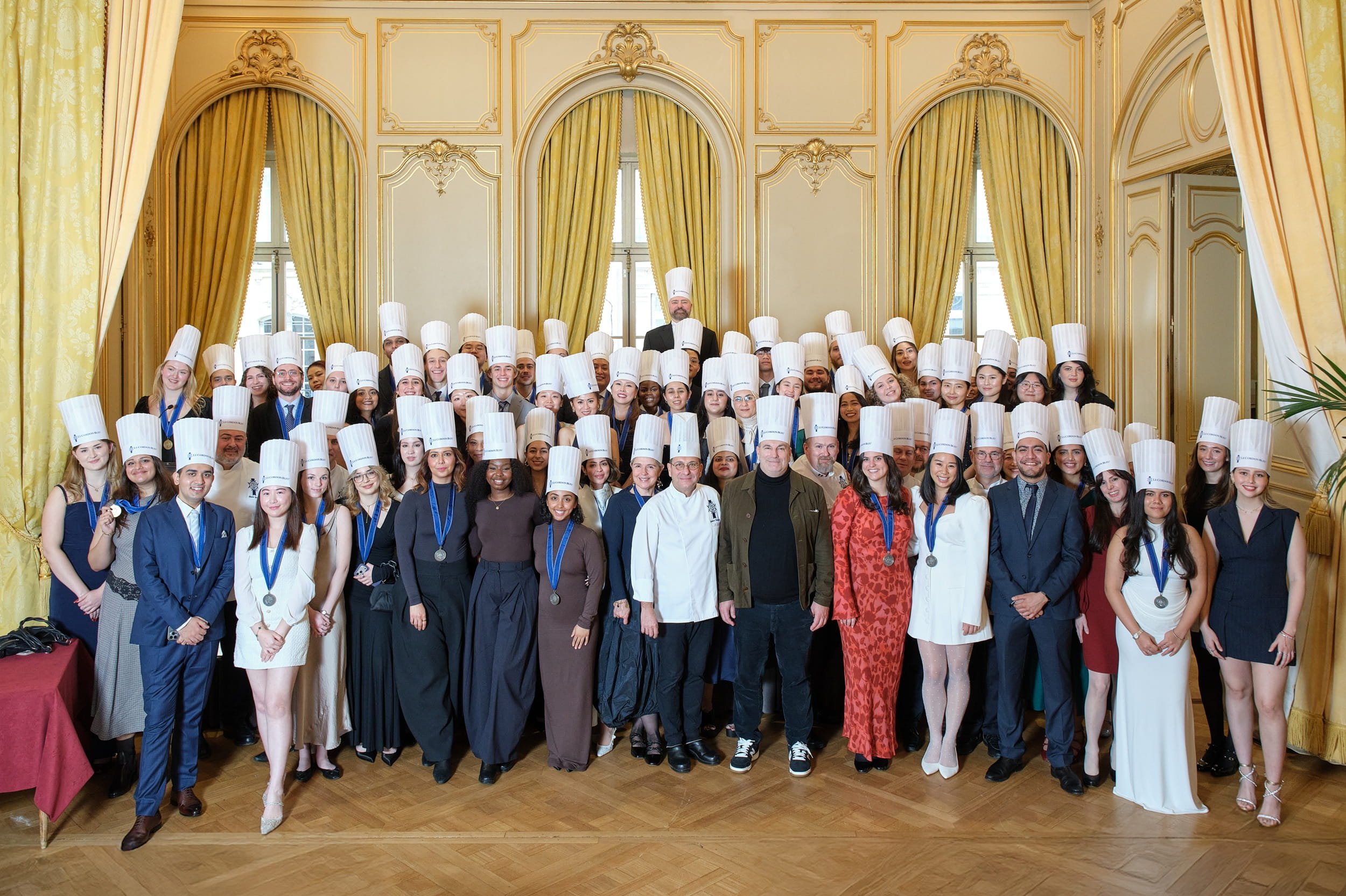Le Cordon Bleu Advanced Studies in Taste is a 2-week programme for food and hospitality industry professionals. This unique course is designed to provide them with a comprehensive understanding of the various perspectives on taste and gastronomy. At the end of the 2 weeks, students choose a research topic for their thesis. Eddy Farina, Le Cordon Bleu Advanced Studies in Taste 2015 graduate, presents his thesis.
An analysis of the conflict between a healthy diet and pleasure: Why and how can pleasure be made an integral part of encouraging a healthy way of eating?
Today, a healthy diet and pleasure are two fundamental notions in everyday eating. However, they seem to be at opposite ends of the spectrum. Consumers often find themselves having to choose between the two. What is the reason for this? And, insofar as these two notions are fundamental for our populations, would it not be in our interest to reconcile them in order to achieve a more effective diet and work towards reducing the tensions that currently exist in the field?
This study answers these questions by providing a historical then up-to-date analysis of the tensions that exist between a healthy diet and pleasure. It then draws on this analysis to propose a new kind of diet, based on pleasure.
Historically, these notions were not, in fact, so far removed. In Ancient Greece, they were both part of a healthy lifestyle. It was during the Middle Ages that the first signs of conflict emerged, with the moralisation of diet, and gluttony becoming a sin. Today, following the large-scale medicalisation of food, and the uncontrolled way in which nutrition is portrayed in the media, diet has become constraining and restrictive, pitting itself even further apart from pleasure.
Consumers, however, seem to give great importance to these two notions. Dietary choices therefore become complicated.
An ever increasing number of experts believe that the time has come to reconcile them. This is certainly possible, by adding a dimension based on sensorial and commensal pleasure into the messages and actions taken to promote health.
The population could then benefit from a more effective diet and a less conflicting relationship with food. However, this model is not currently widespread and has yet to prove itself, hence the urgent need for it to be tested and studied.
